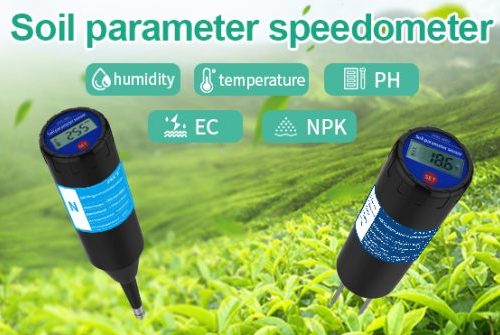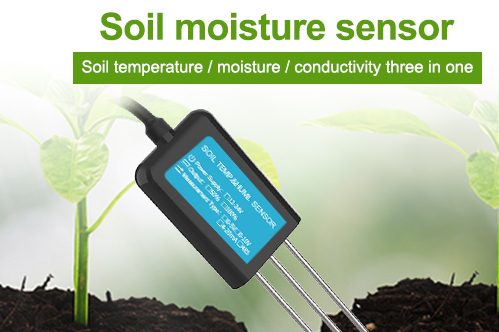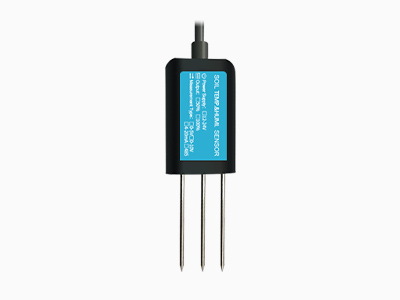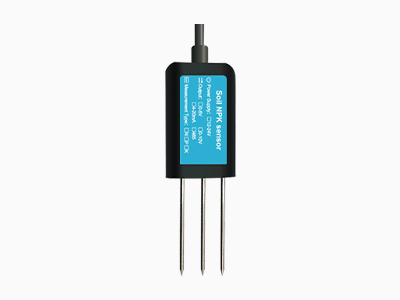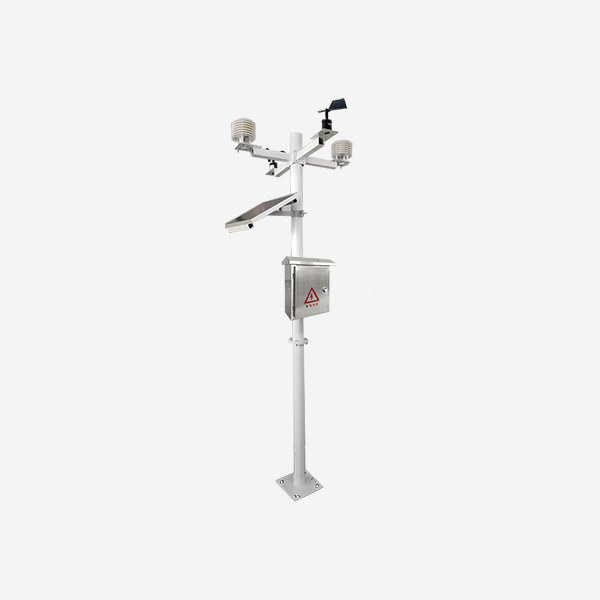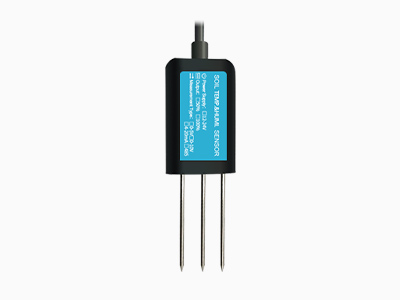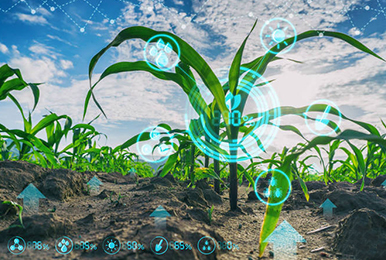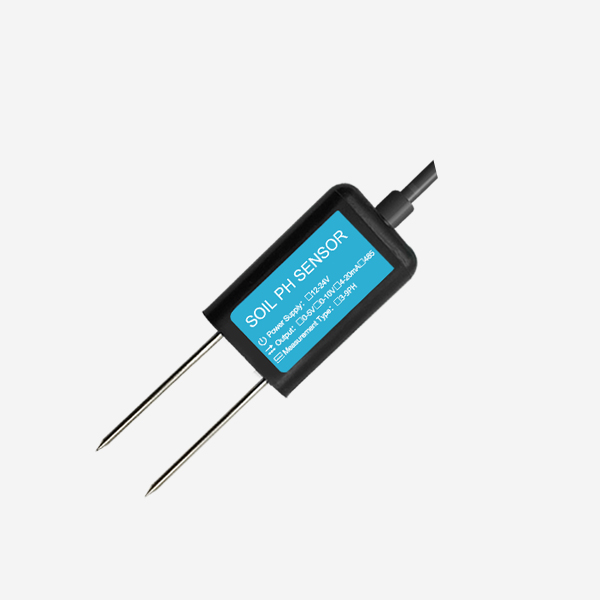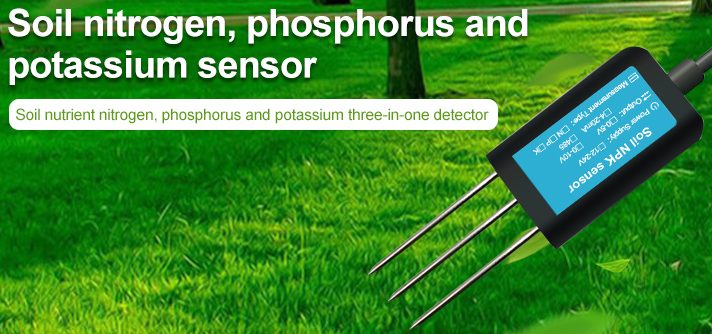Soil Humidity Sensor: A Key Tool for Efficient Agriculture
Understanding Soil Humidity Sensors Soil humidity sensor are devices that use advanced technologies, such as capacitance, tensiometry, and time-domain reflectometry, to measure the moisture content of soil accurately. These sensors can detect the moisture content at various depths and provide real-time data on soil moisture levels. By providing accurate and timely information on soil moisture, …
Soil Humidity Sensor: A Key Tool for Efficient Agriculture Read More »
